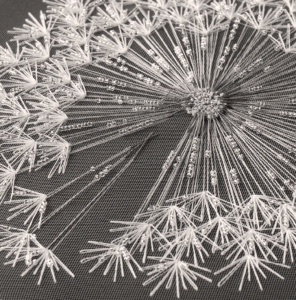 I developed a fondness for “Grace” through hospice. She was in a facility after a massive stroke that compromised much of her ability to speak and walk.
I developed a fondness for “Grace” through hospice. She was in a facility after a massive stroke that compromised much of her ability to speak and walk.
Her late friend and caregiver appointed her own daughter, we’ll call Diane, to be the power of attorney despite having no blood relation. Grace had no children or family left. Diane was difficult to get a hold of and never visited. By all appearances, she didn’t care.
Over the last year, I built a gradual rapport with Diane through text and it was enough to give me something to work with.
No funeral home was determined up until the last 24 hours. We were trying to contact Diane to let her know that Grace was actively dying and a decision had to be made. Finally, she responded to me and then others: she fulfilled that last responsibility at the last minute. Diane surprisingly expressed very deep sorrow and shock that this was really happening.
I sat with Grace at the bedside for about 10 hours. I sang and held her hand. I talked to her about her favorite hospice volunteer, that we finally reached Diane, and how much she was loved by the people who cared for her. I assisted the staff to reposition her tired body and kept them updated along the way. Everyone was anxious, curious, and upset. The facility staff had become her family.
About an hour before I left, I got a text from Diane that said “I’m at the door.”
I ran to the front lobby and found a woman about my age crying nearly to the point of hysterics. We hugged and I thanked her for coming. She mournfully apologized for being “such a coward about facing this”. In that moment, the only thing that mattered was that she was there. She said her goodbyes.
Grace died under the blanket of night with a hospice aide at her side, who washed and dressed her before leaving the facility. Grace was never alone. She was cared for with dignity and loving support.
The part of our humanity that lifts us out of the mind’s judgement is a gift of grace that is bestowed at the bedside of someone who is dying.
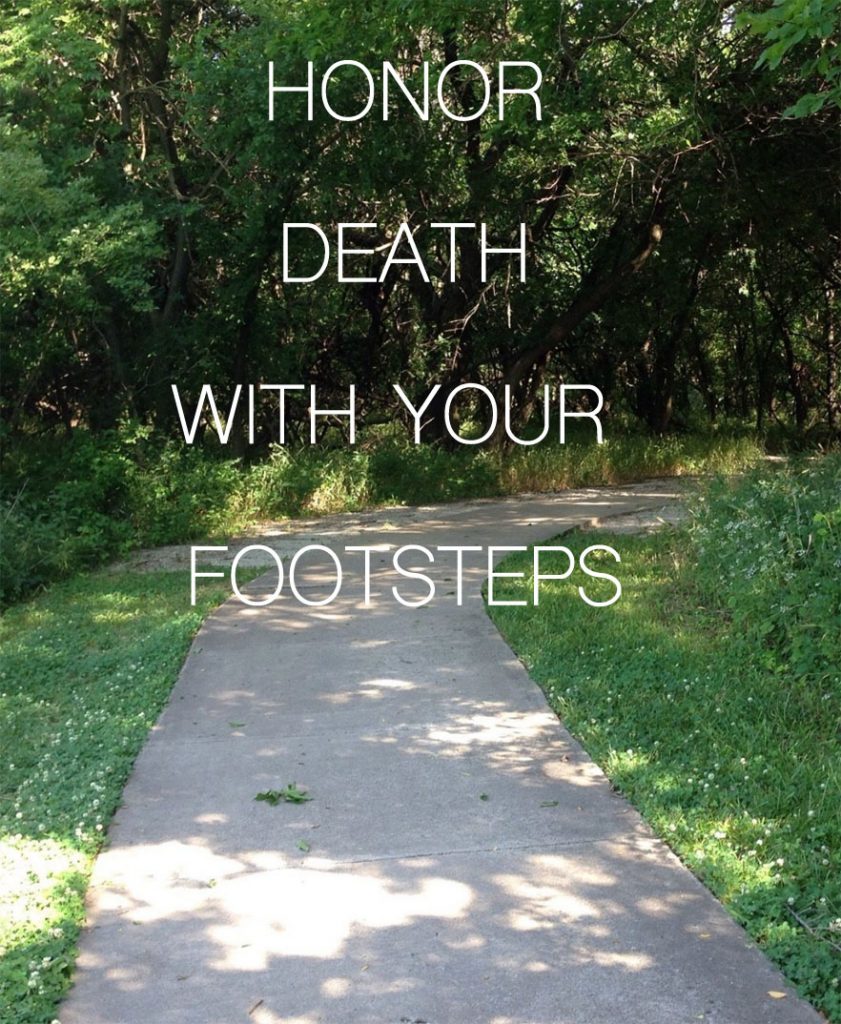


 I developed a fondness for “Grace” through hospice. She was in a facility after a massive stroke that compromised much of her ability to speak and walk.
I developed a fondness for “Grace” through hospice. She was in a facility after a massive stroke that compromised much of her ability to speak and walk.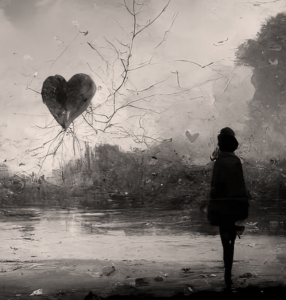
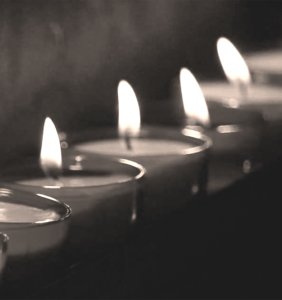 I am so grateful that we had and end of life doula for the final months of my mother’s life. Throughout the process, her first priority was my mom: they had a beautiful connection with each other and my mother was noticeably comforted by her doula’s presence, even after she was no longer able to verbally communicate. My mom had doubts and fears about death and the afterlife; over multiple visits her doula helped her to explore these doubts in a way that brought her comfort and peace.
I am so grateful that we had and end of life doula for the final months of my mother’s life. Throughout the process, her first priority was my mom: they had a beautiful connection with each other and my mother was noticeably comforted by her doula’s presence, even after she was no longer able to verbally communicate. My mom had doubts and fears about death and the afterlife; over multiple visits her doula helped her to explore these doubts in a way that brought her comfort and peace.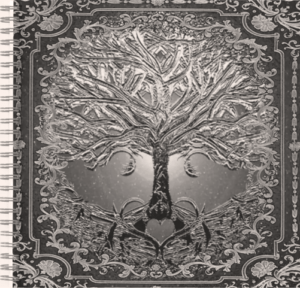
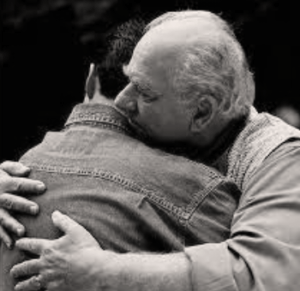 A man’s father came to a swift end. The son didn’t have a lot of time to get his head around the fact that his father was suddenly dying.
A man’s father came to a swift end. The son didn’t have a lot of time to get his head around the fact that his father was suddenly dying.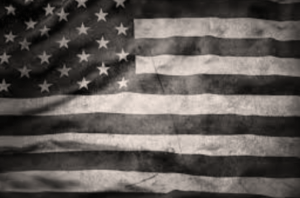
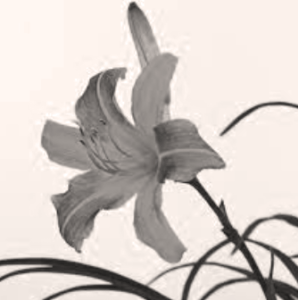 The night before a woman’s death, her daughter-in-law called me and asked if I would come in the morning so we could meet with the hospice nurse together. She was unsure about whether they were handling medications properly for their mother who was in the end stage of terminal illness. The elderly father and mother were very private people who did not want strangers in their home, and waited until just a week before the death to allow hospice care in.
The night before a woman’s death, her daughter-in-law called me and asked if I would come in the morning so we could meet with the hospice nurse together. She was unsure about whether they were handling medications properly for their mother who was in the end stage of terminal illness. The elderly father and mother were very private people who did not want strangers in their home, and waited until just a week before the death to allow hospice care in.